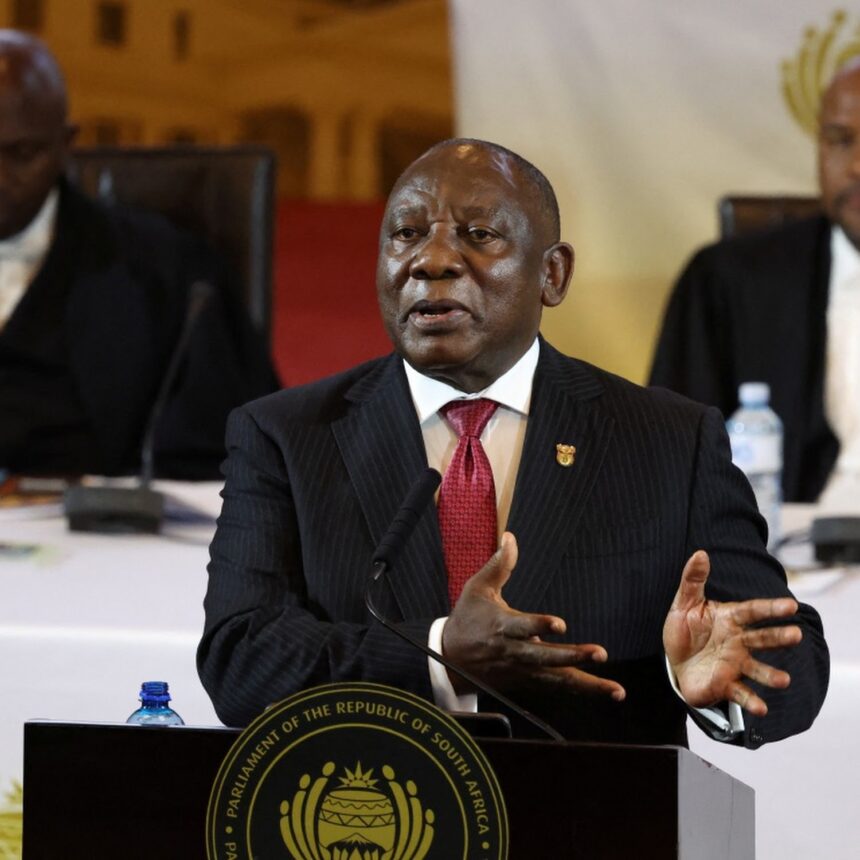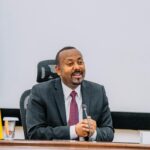The Republic of South Africa has returned to the International Court of Justice (ICJ) seeking urgent provisional measures to protect Palestinian rights in Gaza amid Israel’s escalating military offensive in the Rafah Governorate.
South Africa remains firmly of the view that the necessary condition for the effective implementation of the Court’s provisional measures is a permanent ceasefire in Gaza.
In an application filed on Saturday, May 11th, South Africa warned the assault on Rafah poses “extreme risk” to humanitarian aid, basic services, the Palestinian medical system and “the very survival of Palestinians in Gaza as a group.” It argued the situation has significantly deteriorated since the Court’s previous order on March 28th, causing “irreparable harm” to Palestinian rights.
Specifically, South Africa requested the ICJ order Israel to:
1) Immediately withdraw and cease its military offensive in Rafah, home to 1.5 million Palestinians.
2) Allow unimpeded access for United Nations personnel, humanitarian aid workers, fact-finders, investigators and journalists to enter Gaza.
3) Submit reports on compliance with these new measures and previous ICJ orders within set deadlines.
“We call on the international community, including the allies of the State of Israel, not to turn a blind eye to the ongoing genocide in Gaza,” said President Cyril Ramaphosa. “The gross human rights violations perpetuated by Israel have scaled to incomprehensible levels of cruelty, hate and extreme violent oppression.”
South Africa contended a permanent ceasefire is necessary for effectively implementing the Court’s orders. It also urged the ICJ to reaffirm and ensure Israel’s compliance with previous provisional measures, including allowing movement of medical personnel and vital goods through Gaza’s Rafah and Kerem Shalom crossings.
The urgent application comes after Israel seized control of those crossings, cutting off humanitarian aid according to South Africa. It also cited the destruction of hospitals and alleged discovery of mass graves as evidence of Palestinian rights being violated.
Ramaphosa said South Africa was “heartened” by global protests against the situation, particularly by university students, as well as a recent UN General Assembly vote recommending full UN membership for Palestine.
Israel has not yet responded to South Africa’s allegations. The ICJ is expected to consider the request for provisional measures in the coming days.









